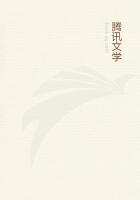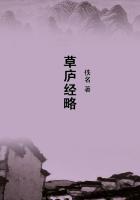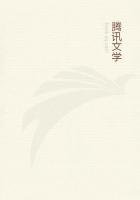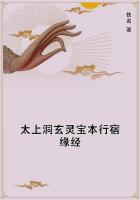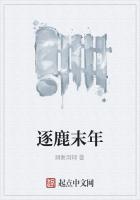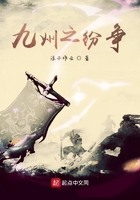but as the average day's work brought only nineteen sous instead of forty, the day-laborer, working the same time, could buy only the half of a loaf instead of a full loaf[33]. Taking everything into account, and wages being estimated according to the price of grain, we find that the husbandman's manual labor then procured him 959 litres of wheat, while nowadays it gives him 1,851 litres; his well-being, accordingly, has advanced ninety-three per cent., which suffices to show to what extent his predecessors suffered privations. And these privations are peculiar to France. Through analogous observations and estimates Arthur Young shows that in France those who lived on field labor, and they constituted the great majority, are seventy-six per cent. less comfortable than the same laborers in England, while they are seventy-six per cent. less well fed and well clothed, besides being worse treated in sickness and in health. The result is that in seven-eighths of the kingdom, there are no farmers, but simply métayers (a kind of poor tenants)[34]. The peasant is too poor to undertake cultivation on his own account, possessing no agricultural capital[35]. "The proprietor, desirous of improving his land, finds no one to cultivate it but miserable creatures possessing only a pair of hands; he is obliged to advance everything for its cultivation at his own expense, animals, implements and seed, and even to advance the wherewithal to this tenant to feed him until the first crop comes in."- "At Vatan, for example, in Berry, the tenants, almost every year, borrow bread of the proprietor in order to await the harvesting." -"Very rarely is one found who is not indebted to his master at least one hundred livres a year."Frequently the latter proposes to abandon the entire crop to them on condition that they demand nothing of him during the year; "these miserable creatures" have refused; left to themselves, they would not be sure of keeping themselves alive. - In Limousin and in Angoumois their poverty is so great[36] "that, deducting the taxes to which they are subject, they have no more than from twenty-five to thirty livres each person per annum to spend; and not in money, it must be stated, but counting whatever they consume in kind out of the crops they produce. Frequently they have less, and when they cannot possibly make a living the master is obliged to support them. . . . The métayer is always reduced to just what is absolutely necessary to keep him from starving." As to the small proprietor, the villager who plows his land himself, his condition is but little better. "Agriculture,[37] as our peasants practice it, is a veritable drudgery; they die by thousands in childhood, and in maturity they seek places everywhere but where they should be."In 1783, throughout the plain of the Toulousain they eat only maize, a mixture of flour, common seeds and very little wheat; those on the mountains feed, a part of the year, on chestnuts; the potato is hardly known, and, according to Arthur Young, ninety-nine out of a hundred peasants would refuse to eat it. According to the reports of intendants, the basis of food, in Normandy, is oats; in the election-district of Troyes, buck-wheat; in the Marche and in Limousin, buckwheat with chestnuts and radishes; in Auvergne, buckwheat, chestnuts, milk-curds and a little salted goat's meat; in Beauce, a mixture of barley and rye; in Berry, a mixture of barley and oats.
There is no wheat bread; the peasant consumes inferior flour only because he is unable to pay two sous a pound for his bread. There is no butcher's meat; at best he kills one pig a year. His dwelling is built of clay (pise), roofed with thatch, without windows, and the floor is the beaten ground. Even when the soil furnishes good building materials, stone, slate and tile, the windows have no sashes. In a parish in Normandy,[38] in 1789, "most of the dwellings consist of four posts." They are often mere stables or barns "to which a chimney has been added made of four poles and some mud." Their clothes are rags, and often in winter these are muslin rags. In Quercy and elsewhere, they have no stockings, or wooden shoes. "It is not in the power of an English imagination," says Arthur Young, "to imagine the animals that waited on us here at the Chapeau Rouge, - creatures that were called by courtesy Souillac women, but in reality walking dung-hills. But a neatly dressed, clean waiting-girl at an inn, will be looked for in vain in France." On reading descriptions made on the spot we see in France a similar aspect of country and of peasantry as in Ireland, at least in its broad outlines.
III. THE COUNTRYSIDE.
Aspects of the country and of the peasantry.

